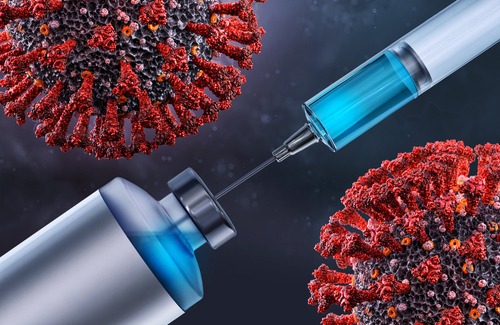
Drawing from a $200 million program meant to stimulate the development of vaccines with broad betacoronavirus protection, the Coalition for Epidemic Preparedness Innovations (CEPI) announced a $16.9 million award this week for development efforts by BioNet.
BioNet, a French-Thai vaccine manufacturer and member of the Developing Country Vaccine Manufacturing Network (DCVMN), will use the funds to support preclinical studies, Phase I and Phase II clinical trials, production of clinical trial material, and analytical development. Their goal is the creation of a vaccine that provides broad, variant-proof protection against SARS-CoV-2 and other betacoronaviruses.
“The emergence of the Omicron variant serves as a stark reminder of the ever-present threat posed by new variants that might evade the protection of our current vaccines, threatening the progress the world has made over the past year,” Dr. Richard Hatchett, CEO of CEPI, said. “It’s critical that we redouble our efforts to get people vaccinated globally to reduce the amount of virus in circulation, and in parallel, we must also focus effort and resources on R&D to improve the current COVID-19 vaccines to make them more effective against multiple variants of SARS-CoV-2. By advancing broadly protective vaccine candidates, such as that being developed by the consortium led by BioNet, we can strengthen the world’s ability to control SARS-CoV-2, and the threat posed by other Betacoronaviruses, in the long-term.”
BioNet has the advantage of leading a global and multidisciplinary consortium filled with American and Thai universities, in conjunction with the South Korea-based International Vaccine Institute. Together, they seek to develop preclinical and clinical proof of concept for a vaccine based on multiple mRNA molecules, allowing it to encode for several SARS-CoV-2 immunogens from different variants. While that could allow broad protection against variants, mRNA molecules are also fragile, so it would utilize a lipid nanoparticle to encapsulate them into a vaccine for rapid development.
“We are glad to receive the support from CEPI for the development of a pan-coronavirus mRNA vaccine,” Dr. Hong-Thai PHAM, CEO of BioNet, said. “This is a recognition of the quality of the project team and the science behind the mRNA technology. The project involves a one-of-a-kind consortium bringing together scientific leadership in the field of mRNA and coronavirus from US universities, clinical experience of Thai and international organisations; and the process development expertise from BioNet. Using the mRNA technology platform created by the University of Pennsylvania, we aim to develop the mRNA vaccine in record time and demonstrate that it can protect against multiple SARS-CoV-2 variants.”
As part of the effort, BioNet has committed to equitable access for its end products, in line with CEPI policy.




